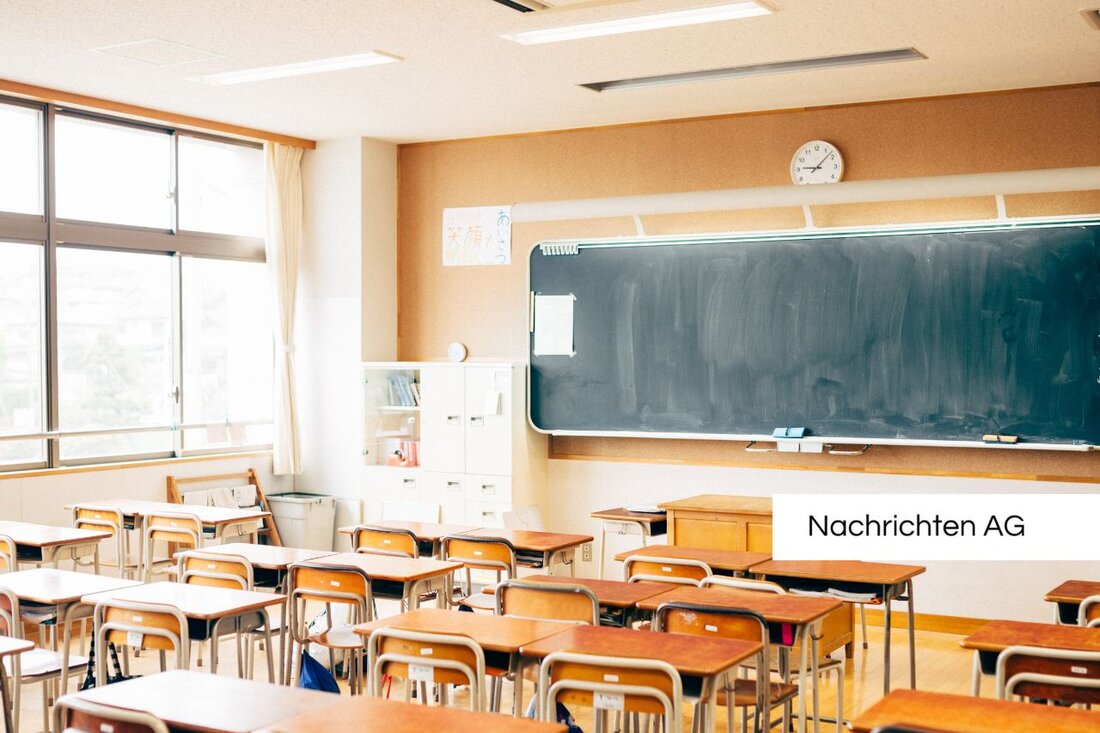Mobile learning café starts in the Görtschitztal - education for all children!
Mobile learning café starts in the Görtschitztal - education for all children!
A new offer for students in the Göritschitztal is intended to improve educational opportunities in rural regions. The mobile learning café, which opens its gates today, is aimed at children aged 6 to 15 who have no access to stationary learning cafes. According to Klick Kärnten , the learning café is offered twice a week in both communities and also offers a healthy snack, but also support for homework and targeted learning for tests.
Ernst Sandriesser, director of Caritas, emphasizes that education must not be the privilege of the city, and thus underlines the relevance of the project for regional educational justice. Andreas Grießer from the Kelag Foundation adds that the learning café brings hope, motivation and learning materials to the children. Ten students are currently being looked after with the aim of reaching 30 children by autumn.
voluntary learning helpers wanted
As part of this initiative, additional volunteers are also sought. Interested parties can contact Caritas to make a contribution. Klein St. Paul's Mayor Gabriele Dörflinger praises the learning café as an important step to promote educational justice in rural areas. Brückl's Mayor Harald Tellian also describes the offer as a "enormous relief" for many families and as a sign of cohesion in the region.
social education inequalities that make educational success dependent on social background are a central problem in the German education system. According to bpb.de , students from less favored social classes often have lower educational opportunities. Educational success can be measured based on various characteristics such as participation, performance, performance evaluation and certification that are related to the economic, cultural and social capital of the families of origin.
COVID-19 pandemic has reinforced these inequalities; Over 50% of teachers noticed an increase in the influence of the parents' house on the performance of the students. This is clearly shown in the study by bpb.de that states that the lack of digital equipment during the school closings was the greatest hurdle. Digital skills are crucial to exist in today's education system, but students from families with low cultural capital often do not have the same opportunities for digital participation.
A third of the students did not achieve more than the lower level of competence in digital skills. Access to digital media and the equipment with technical infrastructure is therefore essential to reduce educational inequality and to ensure the participation of all students in the learning process. In order to cope with these challenges, investments in a modern educational infrastructure and the development of high -quality digital learning content are necessary.
The learning café in the Göritschitztal represents a positive step in the right direction in order to counteract disadvantages and to ensure access to educational resources in rural areas. It is to be hoped that initiatives such as this school and family bring together and have a sustainable influence on regional educational justice.
| Details | |
|---|---|
| Ort | Klein St. Paul, Österreich |
| Quellen | |


Kommentare (0)